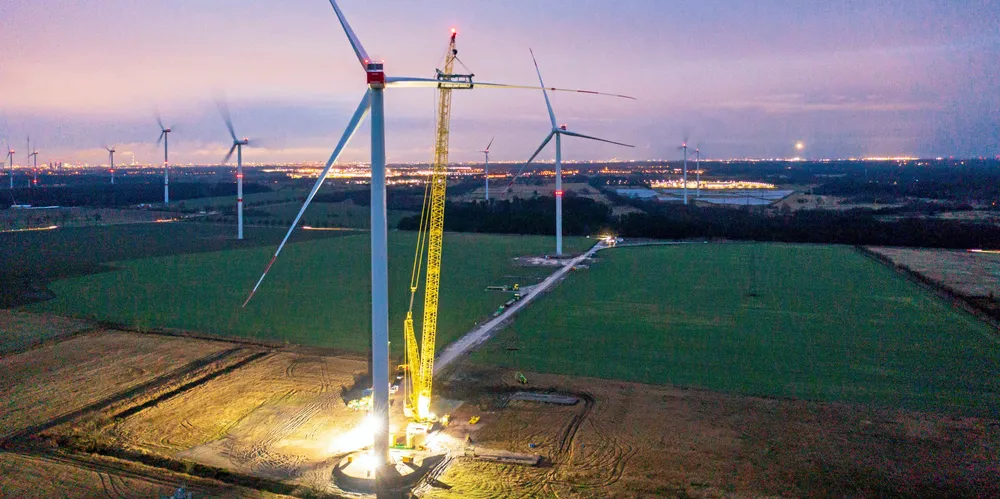'Better starting position' | German regulator raises price cap for wind and solar tenders
Grids agency trying to revive demand among bidders who recently shunned auctions amid rapidly rising prices for components and financing

Grids agency trying to revive demand among bidders who recently shunned auctions amid rapidly rising prices for components and financing
